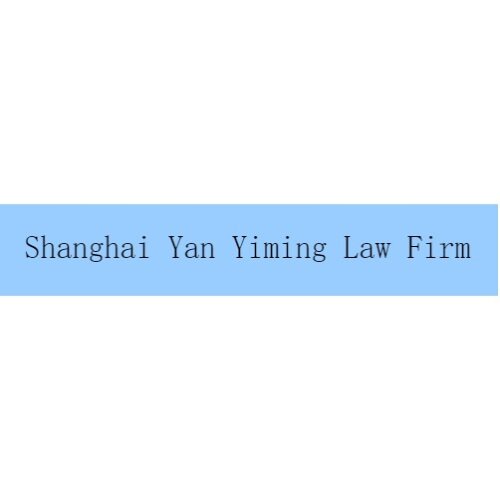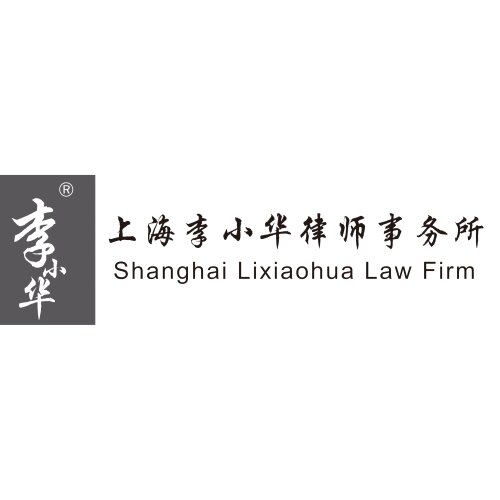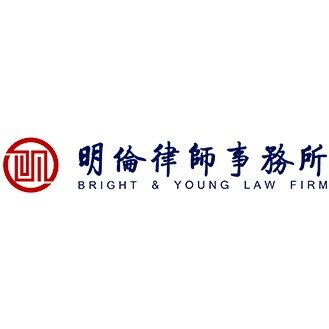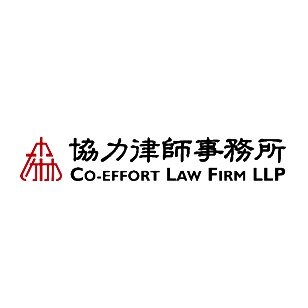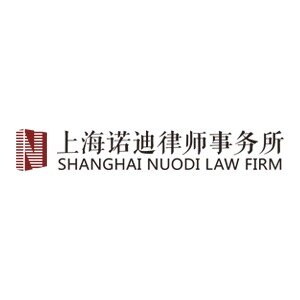Best Licensing Lawyers in Shanghai
Share your needs with us, get contacted by law firms.
Free. Takes 2 min.
List of the best lawyers in Shanghai, China
About Licensing Law in Shanghai, China
Like many other regions in China, Shanghai has a systemic regulatory framework concerning business and individual licensing. This can range from business operations license, real estate licensing to intellectual property rights licensing. Compliance with these laws is essential to avoid any legal complications. The Shanghai Municipal Government continuously updates these laws to reflect changing societal and economic conditions.
Why You May Need a Lawyer
Understanding and navigating the licensing laws in Shanghai may be complex due to the its intricate legal system and language barriers. You may require a lawyer to help with license application, ensuring compliance, handling disputes, and protecting your interests. Legal professionals can also provide essential insights regarding local licensing rules, their recent changes, and potential impacts on your activities. Businesses dealing with intellectual property may also need a lawyer to handle the licensing of these assets.
Local Laws Overview
Shanghai's licensing laws are founded on China's national regulations, given local adjustments. Businesses must obtain appropriate licenses to operate legally. These may include a business license, tax registration, and permits linked with specific activities like importing or exporting. Intellectual property licenses, such as those for patents, copyrights and trademarks, must be registered with the appropriate bodies. Application and compliance procedures can be intricate, requiring both preparation and understanding of the specific rules that vary between industries.
Frequently Asked Questions
1. How long does it take to obtain a business license in Shanghai?
Depending on the complexity and nature of the business, it can take between one to three months to secure a business license from the day you submit all required documents.
2. Is it necessary to register my intellectual property in Shanghai?
Yes, it's necessary. Registering your intellectual property offers legal protection against infringement in China. Without registration, enforcement of intellectual property laws will be challenging.
3. What happens if I operate without the required licenses?
Operating a business without necessary licenses is a legal offence and may attract fines, penalties, or a ban on operating business in more serious cases.
4. Can a foreigner obtain a business license in Shanghai?
Yes, foreigners can obtain a business license in Shanghai. However, the process and requirements may be different from those for residents. A local attorney might be very helpful in this case.
5. Do I have to renew my licenses regularly?
Yes, the government requires regular renewal of business and other professional licenses. The periodicity of renewal may vary based on the type of license.
Additional Resources
For more information, The Shanghai Municipal Government website and the Ministry of Commerce website provides guidelines and updates regarding licensing. Organisations such as the Shanghai Intellectual Property Rights Protection Centre could be useful for those involved with copyright and patents. It's also advisable to engage with local business councils and chambers of commerce, which provide valuable firsthand information and resources.
Next Steps
If you require legal assistance, it's recommended to consult with a local lawyer who specializes in licensing laws. They can provide essential direction and advice, making the licensing process smoother. Additionally, have all the necessary documents and information on hand to expedite the process.
Lawzana helps you find the best lawyers and law firms in Shanghai through a curated and pre-screened list of qualified legal professionals. Our platform offers rankings and detailed profiles of attorneys and law firms, allowing you to compare based on practice areas, including Licensing, experience, and client feedback.
Each profile includes a description of the firm's areas of practice, client reviews, team members and partners, year of establishment, spoken languages, office locations, contact information, social media presence, and any published articles or resources. Most firms on our platform speak English and are experienced in both local and international legal matters.
Get a quote from top-rated law firms in Shanghai, China — quickly, securely, and without unnecessary hassle.
Disclaimer:
The information provided on this page is for general informational purposes only and does not constitute legal advice. While we strive to ensure the accuracy and relevance of the content, legal information may change over time, and interpretations of the law can vary. You should always consult with a qualified legal professional for advice specific to your situation.
We disclaim all liability for actions taken or not taken based on the content of this page. If you believe any information is incorrect or outdated, please contact us, and we will review and update it where appropriate.



